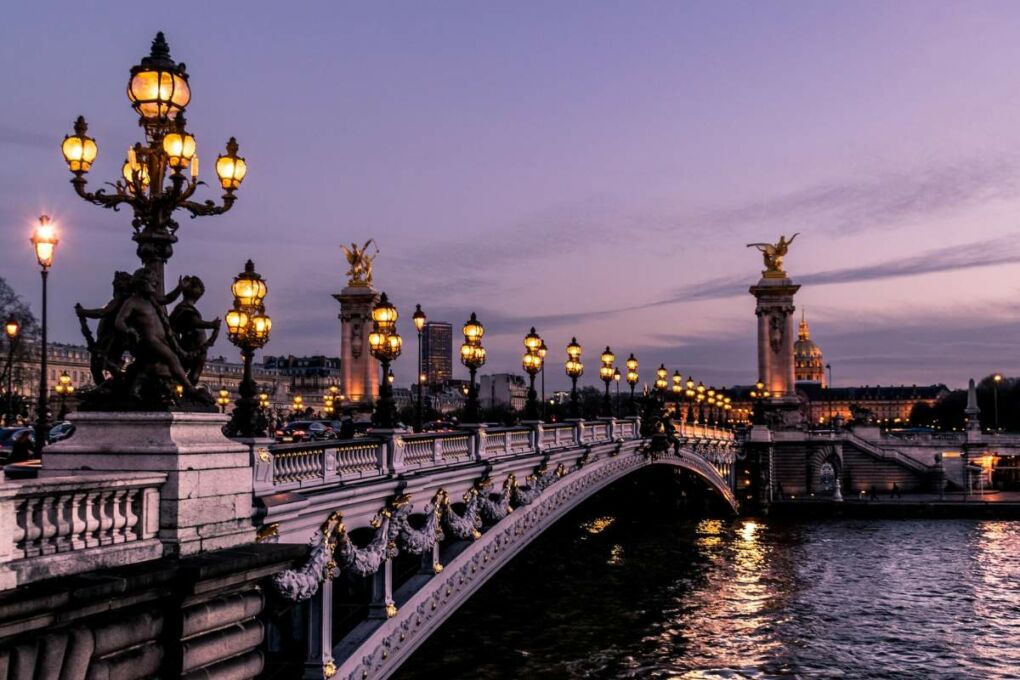Europe is a continent full of history, breathtaking landscapes, and culture that brings tourists from all around the globe. From the romantic streets of Paris to the ancient ruins of Rome, Europe has many diverse experiences to offer you.
In an age where safety concerns loom large in your mind, we’re here to provide you with the information and assurance before you take your trip and answer the question: Is Europe safe for tourists?
Safety in Europe can vary from one country to another and even from one city to the next. Many factors can play a role in determining your safety, such as crime rates, political stability, and health precautions. Europe is generally considered safe, with many countries with low violent crime rates, efficient public transportation, and robust infrastructure.
Nonetheless, you should exercise common-sense precautions such as staying aware of your surroundings, safeguarding your belongings, and adhering to local customs and regulations.
Why Visit Europe?

Europe has the best cities to live in. It is a treasure trove of history, culture, and natural beauty. Europe’s landscapes are breathtaking, from the majestic peaks of the Alps to the sun-drenched shores of the Mediterranean.
Embarking on a European adventure is like stepping into a living, breathing storybook, with each cobblestone street and ancient castle that whispers the tale of the past. At the same time, the modern cities give off an inviting energy.
The continent is also a paradise for food lovers, from mouthwatering pasta in Italy to indulging in the creamy chocolate in Switzerland and the hearty stews of Ireland. All you need to know is that each country has its culinary tradition that will dance in your mouth. Visiting this continent is more than a vacation, but it’s an experience that will broaden your horizon and leave a mark in your life.
Is Europe Dangerous?
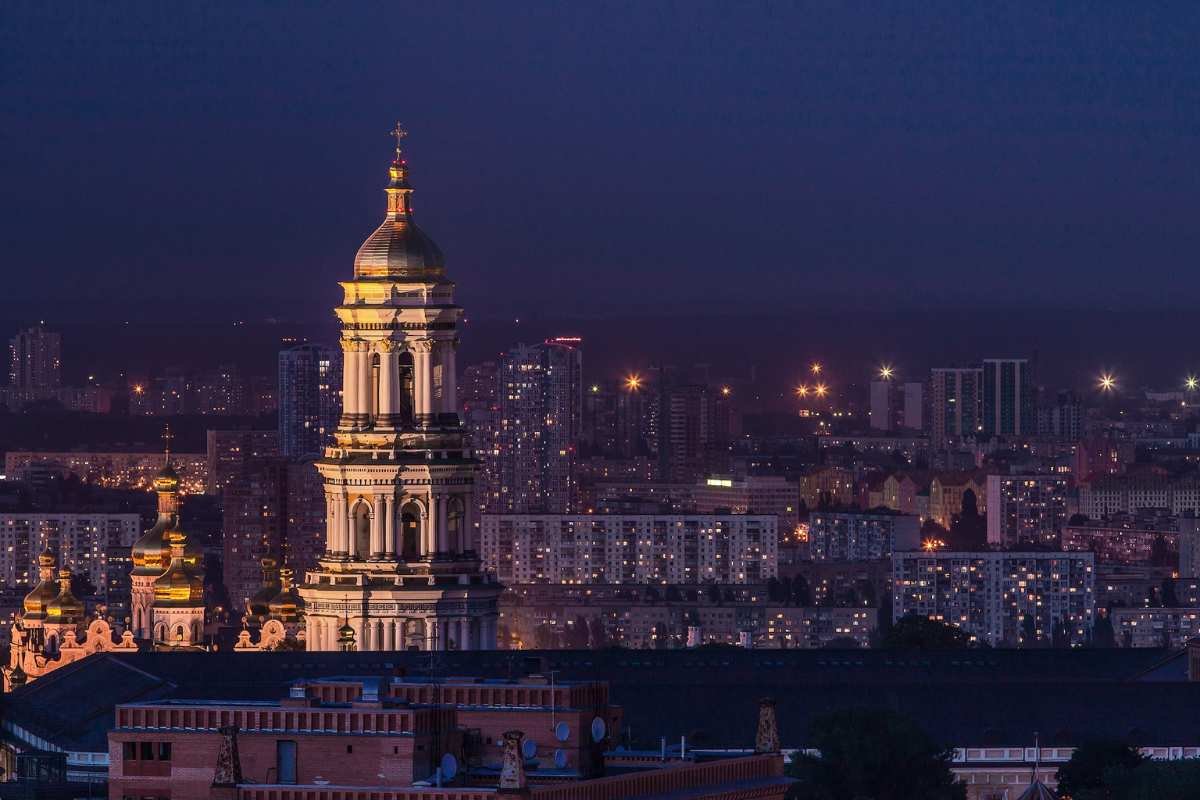
Navigating the safety concerns of any travel destination is the uppermost vital thing to do for any traveler. Europe generally has a reputation for being the safest continent in the world. According to the Global Peace Index, which ranks countries based on various safety indicators, many European nations consistently rank among the top 20 safest countries globally.
While no destination is entirely devoid of risks, Europe, as a whole, maintains a commendable record of safety for tourists. Statistically, reports have shown a steady decline in the crime rate in the past decade, which we love to see. Its well-established infrastructure, efficient public transport, and robust healthcare systems contribute to Europe’s secure environment.
Dangerous Areas in Europe
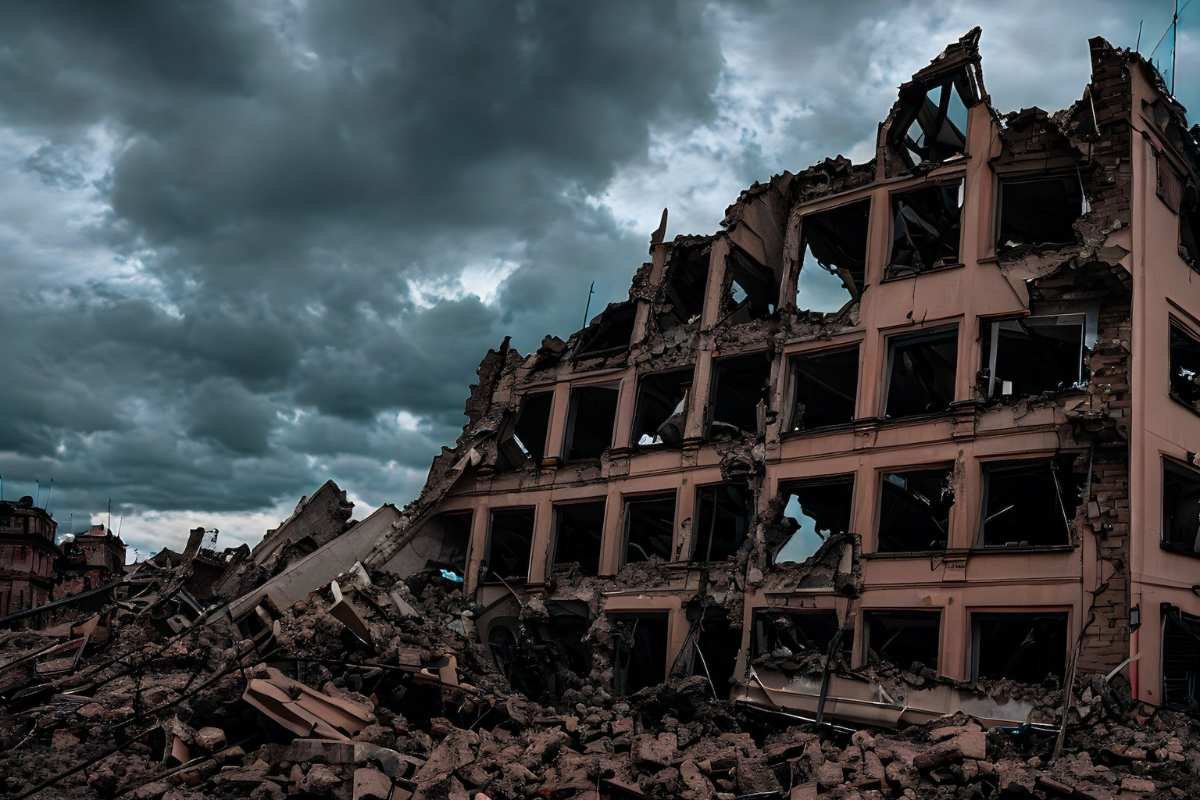
Ukraine
Ukraine is a beautiful country with a lot to offer, but it is currently one of Europe’s most dangerous countries. In February 2022, Ukraine experienced a full-scale invasion by Russia, resulting in the country becoming an active hostilities zone.
The war between Ukraine and Russia has disastrously impacted civilian life, killing thousands, injuring thousands more, and destroying property and much of the country’s infrastructure.
Only the eastern part of Ukraine was invaded by Russia, and the western part is generally safe. But, most governments have advised their citizens to avoid traveling to Ukraine.
Belarus
Belarus is known for its authoritarian government and lack of press freedom. The country has been considered one of the most dangerous in Europe because security is unstable due to Russian troops conducting their military operation in Belarus.
Governments worldwide have advised people not to travel to Belarus because the volatile security environment could deteriorate over time. The country also has laws with a jail sentence for ‘terrorism propaganda’ and ‘discrediting’ the Belarusian armed forces and military organisations.
According to the U.S. Department of State, authorities in Belarus have detained thousands of people, including U.S. citizens, for alleged affiliations with opposition parties and alleged participation in political demonstrations.
Is it Safe to Live in Europe?

Europe is home to some of the safest cities in the world, with low crime rates, proactive policing, and strong community engagement. Many factors besides low crime rates contribute to a city’s safety.
Effective law enforcement makes a city look safer. Good response time and community policing contribute to the city’s safety. A country with robust and well-maintained infrastructure is safer. Hospitals, clinics, and emergency services also affect a city’s security.
The most significant factor that plays a role in safety, though, is social stability. Cities with low-income inequality, low social unrest, and robust and high-quality education are safe.
Safe Areas/Cities in Europe
Reykjavik, Iceland
Iceland generally has one of the lowest crime rates in the world, and Reykjavik is no exception. Violent crime here is scarce.
Reykjavik has a small police force that is well-trained and equipped to handle incidents. Residents have high trust in each other, which helps create a sense of safety in the city.
Police presence is reassuring to residents and visitors alike. The city’s public transportation system is reliable and safe, even at night.
And lastly, Iceland is known for its strong emphasis on gender equality and inclusivity, contributing to a sense of safety and equality for all residents.

Bern, Switzerland
Switzerland is known for its well-functioning legal system and general adherence to the rule of law, contributing to a safe and orderly society.
Bern has a highly trained and responsive police force whose presence contributes to a sense of safety for residents and visitors.
The city healthcare system (much like the rest of the city) ensures residents and tourists have access to top-quality medical care. Bern’s public transportation system, such as the Jungfraujoch train, is also reliable, safe, and well-regulated.

Munich, Germany
Munich is a prosperous city with a strong economy, which tends to correlate with lower crime rates. The city is known for its stability and engaging well with its community involvement.
Munich also has a well-organized and responsive police force, which uses modern technology to prevent crime and manage safety. The city also invests in public safety measures, including well-lit streets, security patrols, and an extensive network of surveillance cameras.
A bonus for tourists is that Munich’s parks, gardens, and recreational centers are well-maintained and safe for leisure activities.
Warnings & Dangers in Europe

Before you travel anywhere, it’s always best to understand any travel warnings and potential dangers in your chosen destination. This can help you plan an enjoyable trip and prepare for unfortunate events.
Whether going through historic streets or heading out to paint the town red, knowing what to look out for to prevent a crime will increase your safety and enhance your European escapade.
Overall Travel Risk (1/10)
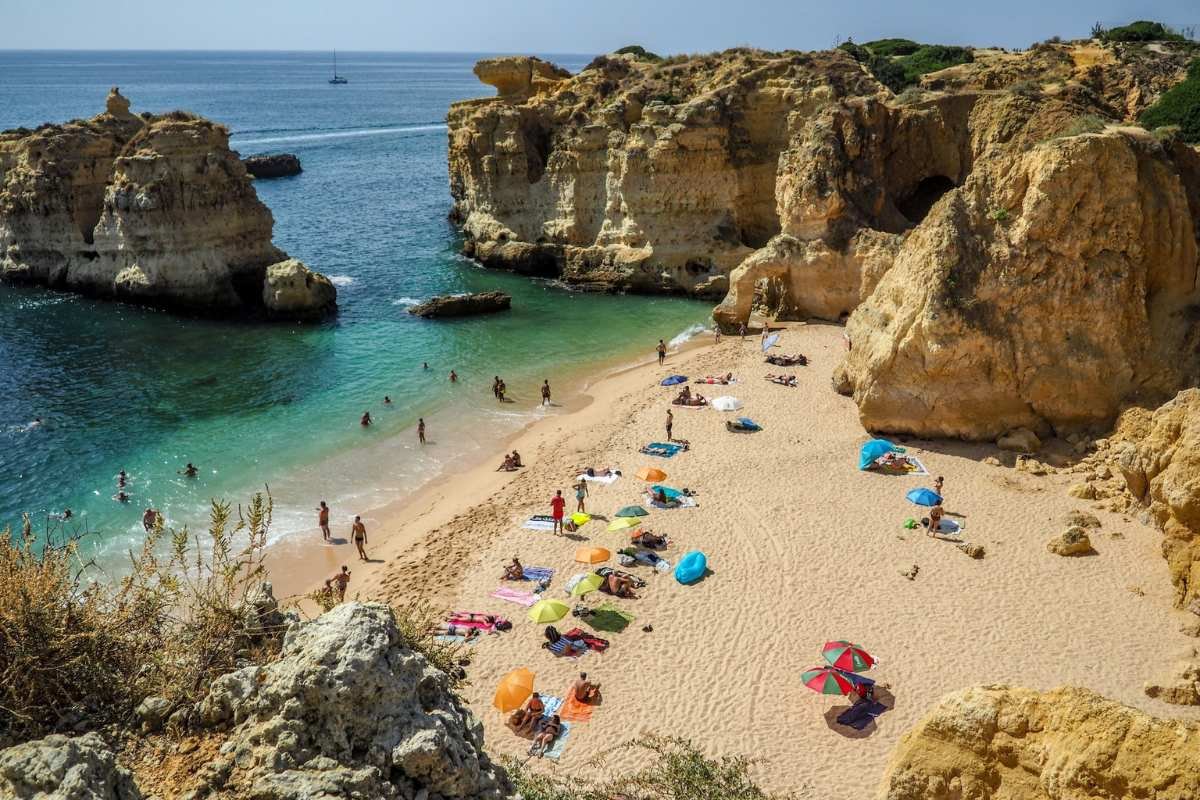
The travel risk to Europe is relatively low because it’s a secure continent with an efficient economy, well-run transportation systems, and high living standards. However, like any destination, Europe carries a certain travel risk level that you should know.
Issues such as petty theft in crowded tourist areas, occasional political protests, and natural disasters in specific regions can occur.
Petty Theft & Pickpocketing
Petty thefts are more common in foreign countries than you might have expected, so always remain vigilant in public areas.
These pickpocketing thieves work in teams to create a distraction to target you. They are skilled at being discreet and blending in with the crowd. Crowded attractions, public transportation, and bustling markets are common locations for petty theft.
To have peace of mind, ensure that all your valuable belongings are covered under your travel insurance. This will be your extra layer of protection. Also, ask your accommodation hosts about areas with a high risk of petty theft and follow their tips for a safe stay.
Road Safety
Europe is known for its well-maintained and modern road networks. Most roads are paved and equipped with clear signage, making navigation straightforward; however, it’s always easier and safer to use public transport because other countries can have different traffic laws from what you’re used to.
Ignoring local traffic laws can lead to fines or, worse, an accident. Thankfully, many European cities have well-functioning public transportation systems, reducing the need for personal vehicle usage.
When traveling to European countries or cities, always familiarise yourself with the road rules of the place you’re visiting and exercise caution in unfamiliar or congested areas. If you are driving in a different country, ensure you have the necessary documentation, like an international driver’s permit.
Water Safety
Most European countries have safe tap water to drink, but if you are concerned about the taste and quality, bottled water is available for safe consumption. Contact your healthcare professional for specific precautions if you’re worried about waterborne diseases.
Europe has many beautiful, sun-kissed beaches, lakes and rivers. Pay attention to local signage and warnings. There are no crocodiles in Europe, which is suitable for the safety of those who like to fish or swim in lakes and rivers peacefully.
Political Unrest
Political unrest in Europe can occur in certain countries or regions, although this is not a pressing concern.
It’s best to stay informed about recent political events or developments in specific countries you plan to visit. Watch television or read reliable and reputable news outlets to stay informed. You can also consult government travel advisories to provide up-to-date insights on potential political concerns.
If you find yourself in a European country or city and political unrest unfolds, embassies and consulates of your home country can provide guidance, support, and safety information.
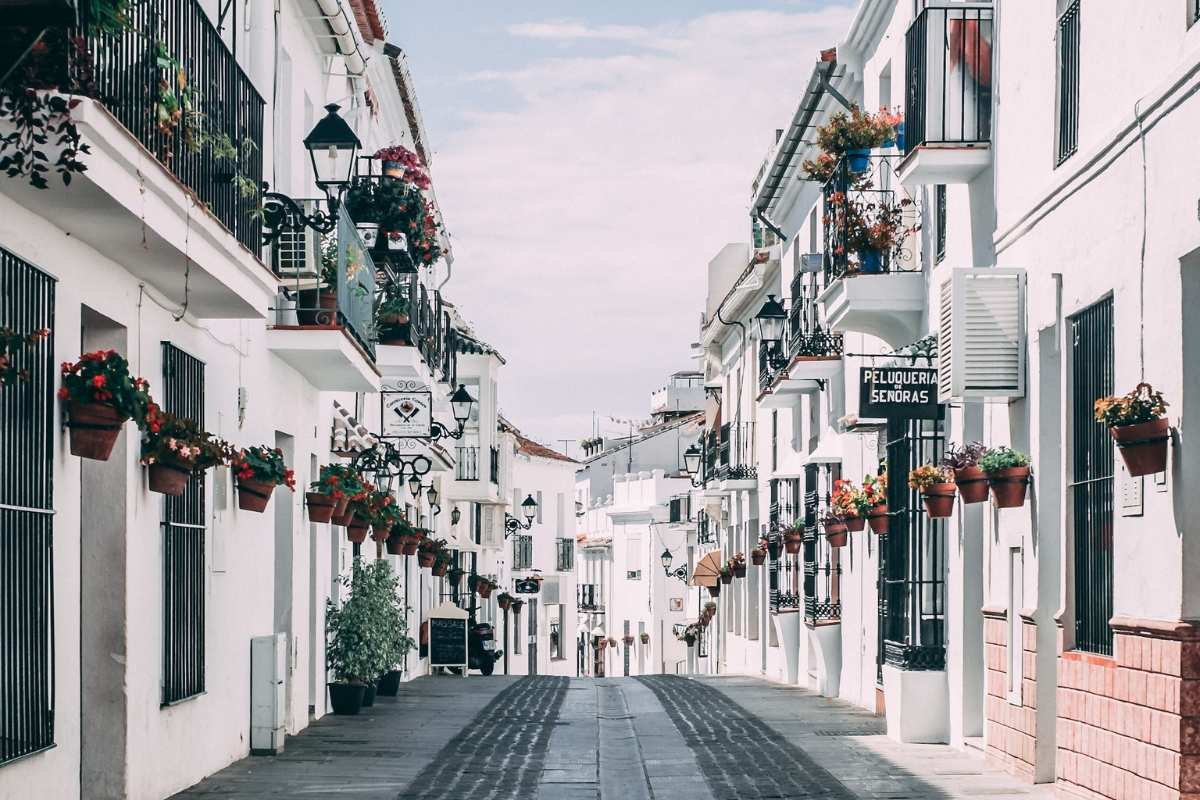
Tips for Staying Safe in Europe
- Stay vigilant in crowded areas: When visiting tourist spots or buzzing city centers, be aware of your surroundings. Pickpockets often target crowded places. Keep your belongings secure, and consider using anti-theft bags.
- Use reliable transportation: Go for reputable and licensed transportation services. Avoid unmarked taxis or unofficial ride-sharing services, especially at night.
- Secure valuables: Keep important documents, such as passports and travel documents, in a safe location. Carry the necessary amount of cash.
- Emergency numbers: Have local numbers on hand and know how to contact your country’s embassy or consulate.
- Avoid risky areas: Be aware of any neighborhoods known for higher crime rates or political unrest and avoid them, especially at night. Listen to locals and hotel staff for advice on safe areas, potential risks, and recommended precautions. They often have valuable insights into the current safety conditions of the area.
Is Europe Safe | Frequently Asked Questions?
Is Europe Safe For Solo Travelers?
Yes, Europe is safe for solo travelers. The continent is generally safe for any tourist. As a tourist, you must be aware of your surroundings. Crime and political unrest may be rare, but taking precautions would be wise.
Make sure you research where you plan to visit and avoid areas known for crime. When out and about, carry only essential items and be aware of any stranger attempting to distract you.
What Documentation Do I Need To Visit Europe?
Check the entry requirements for the countries you plan to visit, as they can vary depending on your nationality. Typically, when you visit Europe, you will need a valid passport, and depending on your nationality and the specific country you plan to visit, you may need a visa.
You will also need travel insurance for your health and valuable items, proof of accommodation and itinerary, a return or onward ticket, and sufficient funds for the duration of your trip.
Are There Any Natural Disasters In Europe To Be Aware Of?
Europe is not known for frequent or severe natural disasters. However, there are still specific hazards to be aware of:
- Floods: Low-lying areas and river valleys are more likely to have floods.
- Forest fires: Countries like Spain, Portugal, Italy, and Greece can experience forest fires during hot summers.
- Volcanic activity: Iceland is known for volcanic activity. The eruptions are monitored.
- Tsunamis: Coastal areas such as the Mediterranean can be at risk of tsunamis even though they are infrequent.
- Avalanches: Mountainous countries like Switzerland, Austria, and France are susceptible to avalanches, especially during periods of heavy snowfall.
What Are Some Language Tips For Traveling In Europe?
Traveling in Europe can be a magical linguistic adventure, as the continent is home to a rich tapestry of languages. We suggest you learn basic phrases like greetings, thank you, please, excuse me, and questions like Where is the bathroom? These will be immensely helpful in day-to-day interactions.
To help you, install a translation app on your phone, like Google Translate or a similar application. These apps can help you quickly translate text or even facilitate spoken conversations.
